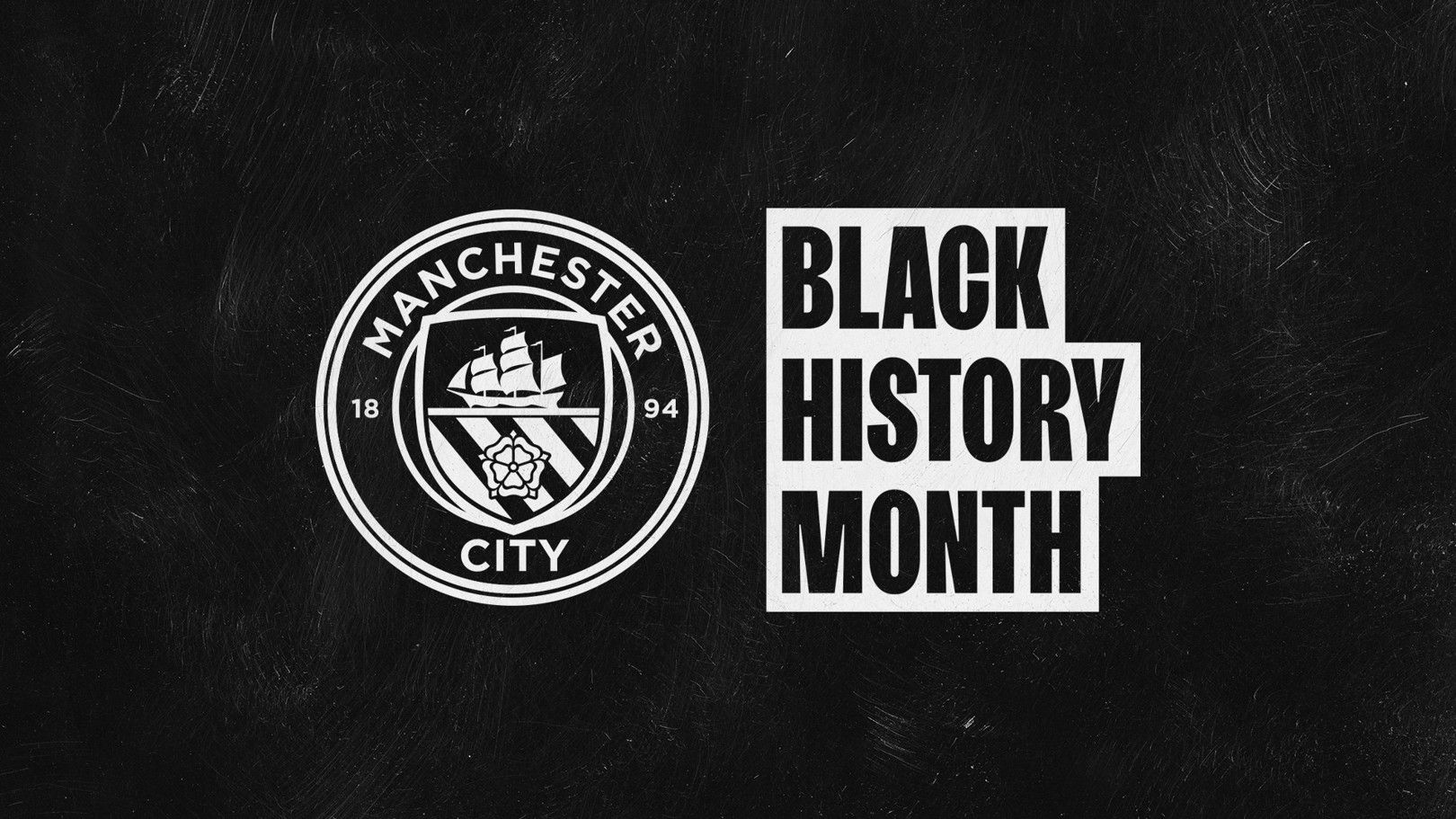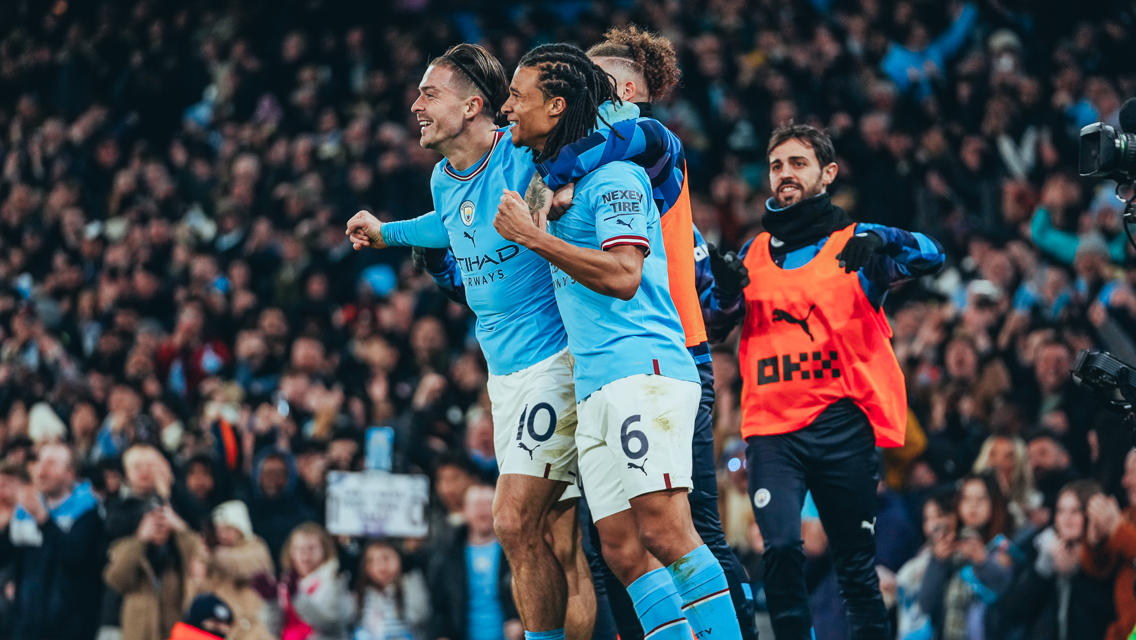In the interview, the mentoring coach discusses how City in the Community’s projects can be life-changing, and why it’s so important for young people to have role models they can relate to.
Tell us a little bit about growing up in Manchester…
I was born and raised in Moss Side; not too far away from where City’s old stadium was at Maine Road. The area I grew up in was a strong community, where everybody knew everybody, and no matter where you went someone would know you through one of your family members.
Moss Side has always been a very multicultural area, so being there from a young age meant you’d never see anyone as any different. Only as I got older would we start to become faced with different challenges, and we did then notice some of the societal issues in the area.
How did you first become involved in CITC?
I am a strong believer in doing the work you enjoy, or something as close to that as possible, and growing up I always loved and played football. I initially started just doing part-time work on the Kicks sessions, working 4.5 hours a week, but I have now gradually built this up to become a full-time employee.
What is your current role at CITC?
I am currently working as part of the mentoring team, which delivers a more focused and tailored approach to supporting participants individually. All staff at CITC will do some form of mentoring work, but my role provides support for participants who might need that extra bit of guidance or advice.
We do a lot of 1-1 work with participants, with sessions being based around the individual’s needs. The sessions vary in where they take place and how we work together, depending upon what fits the needs of the participant best.
What does CITC mean to you?
CITC means to me exactly what it says on the tin - working in local communities where many of the team grew up in.
It’s a huge part of not only our success but also why our participants are returning on a weekly basis. The opportunities we provide are life-changing but, when you also ensure young people are able to relate to staff, that can only be inspiring for them.
From your experience, what difference do you think having relatable role models within CITC makes to young black people in Manchester? Do you think it’s something you would have benefited from?
Having relatable role models from our own communities is definitely something I believe has an impact on young black people in Manchester.
From my experience growing up having role models that looked and spoke like us made it easier for us to communicate with them in an authentic way. We also had a sense of knowing that the people we had around reminded us of our parents, big brothers, uncles, aunties etc.
It also impacts the belief in young people as they’ll feel more understood as stories and experiences are shared.
What do you enjoy most about your job?
Growing up in Moss Side, I have faced many of the challenges the young people I work with are facing and or going to face.
Being able to help and advise the young people in these areas of Manchester specifically makes me proud and provides me with a great sense of achievement.
What does Black History Month mean to you?
Black History Month to me is about so many different things, but the overriding factor is the awareness it brings to a culture. Black History Month should be a time for education and understanding. Not only our past, but also current societal issues and how we can all be a more inclusive, so everyone in the world can understand one another better.
What impact do you feel you are having on others from a mentoring perspective?
As part of my role, I get to work with a lot of young people that remind me very much of my younger self growing up, I can relate to them. I aim to be someone they can learn from, especially once they know that I have been through similar things to what they are going through.
Why do you think it’s important that CITC supports the community in general and the community you grew up in?
It is extremely important that CITC supports not only the community I grew up in but also any community that needs us. The opportunity for young people to get out of their houses and do something productive or active is important.
It is also important having coaches at sessions that our participants can come and offload to should they ever need it. The hours we spend around the participants mean we can see and aid in changes in behaviours and attitudes which is crucial.
City in the Community empowers healthier lives with city youth through football. To find out more, visit www.mancity.com/CITC or follow the charity on social media @CITCmancity.





